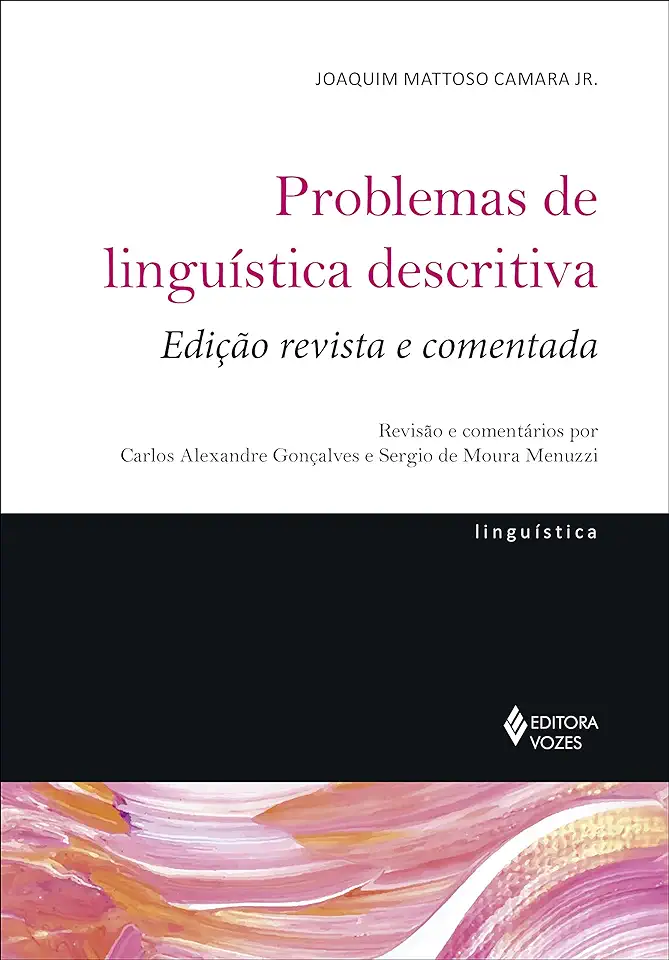
Problems in Descriptive Linguistics - Joaquim Mattoso Camara Jr.
Problems in Descriptive Linguistics: A Comprehensive Guide to Linguistic Analysis
Introduction
In the realm of linguistics, understanding the intricacies of language description is paramount. Joaquim Mattoso Camara Jr.'s seminal work, "Problems in Descriptive Linguistics," serves as an invaluable resource for linguists, language enthusiasts, and researchers seeking to delve into the complexities of linguistic analysis. This comprehensive guide offers a thorough exploration of the fundamental concepts, methodologies, and challenges encountered in the field of descriptive linguistics.
Key Concepts and Methodologies
Camara Jr. introduces readers to the core concepts that underpin descriptive linguistics, including the notions of phonetics, phonology, morphology, syntax, and semantics. He provides a detailed examination of each area, elucidating the methods employed to analyze and describe the various components of language.
Phonetics and Phonology
The book delves into the study of speech sounds, their production, and their organization within a language. Camara Jr. explores the intricacies of phonetic analysis, including the classification of speech sounds, the representation of phonetic data, and the examination of prosodic features. He further delves into phonological analysis, shedding light on the patterns and rules governing the sound systems of languages.
Morphology and Syntax
The author provides a comprehensive treatment of morphology, the study of word formation and structure. He examines the processes of inflection, derivation, and compounding, illustrating how morphemes combine to form words and convey meaning. Camara Jr. also explores the realm of syntax, focusing on the arrangement of words and phrases within sentences. He discusses the identification of syntactic categories, the construction of phrase structures, and the analysis of sentence patterns.
Semantics and Pragmatics
The book delves into the study of meaning in language, encompassing both semantics and pragmatics. Camara Jr. examines the relationship between linguistic forms and their semantic content, exploring the nuances of lexical semantics, compositional semantics, and the representation of meaning. He also ventures into the realm of pragmatics, investigating the contextual factors that influence language use and interpretation.
Challenges and Applications
Camara Jr. acknowledges the challenges encountered in descriptive linguistics, including the complexities of language variation, the influence of social and cultural factors, and the limitations of linguistic theories. He emphasizes the importance of adopting a holistic approach to linguistic analysis, considering both the internal structure of language and its external context.
The book concludes by highlighting the practical applications of descriptive linguistics in fields such as language teaching, language documentation, and language policy. Camara Jr. demonstrates how descriptive linguistic research contributes to our understanding of human communication, cultural diversity, and the evolution of languages.
Conclusion
"Problems in Descriptive Linguistics" stands as a comprehensive and engaging guide to the field of descriptive linguistics. Joaquim Mattoso Camara Jr.'s expertise shines through as he presents a wealth of knowledge and insights into the analysis and description of languages. This book is an indispensable resource for linguists, researchers, and anyone fascinated by the intricacies of human language.